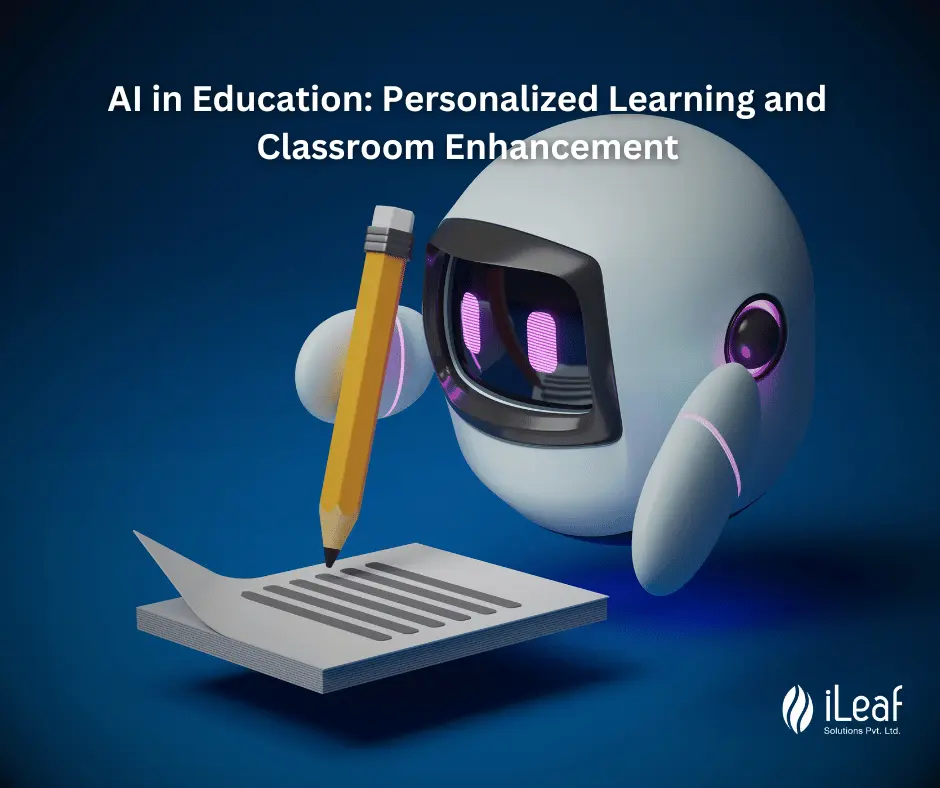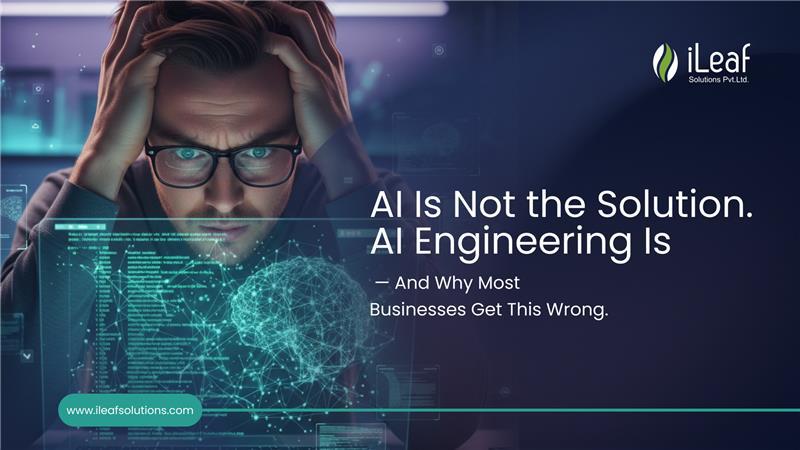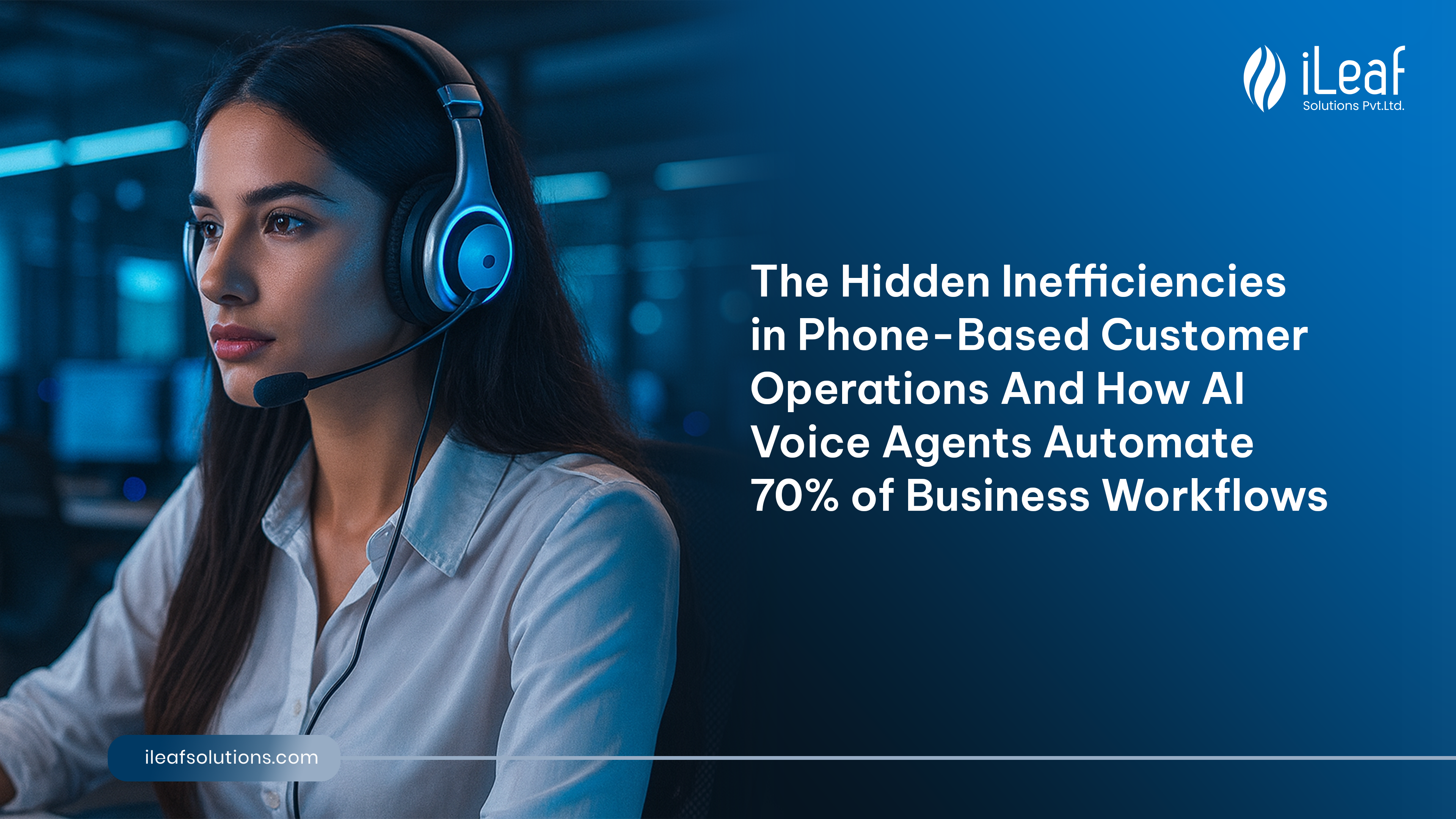AI in Education: Personalized Learning and Classroom Enhancement

Education is evolving, and the catalyst behind this transformation is Artificial Intelligence (AI). The integration of AI in education is revolutionizing how we learn, making it more personalized and enhancing the classroom experience. In this blog, we'll explore the various ways AI is used in education and the profound benefits it brings to the table.
How is AI used in education?
Personalized Learning: AI-powered systems can tailor learning experiences to individual students. They adapt to a student's pace, learning style, and abilities, ensuring that each student receives the instruction they need at the right time.
Smart Content: AI is being used to develop intelligent educational content, including textbooks, learning modules, and quizzes. This content can adapt to students' progress and provide real-time feedback.
Virtual Classrooms: AI facilitates virtual classrooms, where students and teachers can interact in real-time. AI can also monitor students' engagement and understanding, allowing educators to provide timely support.
Tutoring and Support: AI-powered chatbots and virtual tutors can assist students 24/7, answering questions, providing explanations, and helping with homework.
Administrative Tasks: AI can automate administrative tasks for teachers and institutions, such as grading assignments and managing schedules, freeing up more time for teaching and interaction.
What are the benefits of AI in education?
- Personalized Learning: AI adapts to individual student needs, helping struggling students catch up and allowing advanced learners to progress at their own pace.
- Improved Engagement: AI can make learning more interactive and engaging through gamification and interactive content.
- Data-Driven Insights: AI collects and analyzes data on student performance, providing educators with valuable insights to improve teaching methods.
- Cost Efficiency: Automation of administrative tasks and virtual classrooms can lead to cost savings for educational institutions.
- Global Access: AI-powered online education provides access to quality education for people in remote or underserved areas.
Role of AI in education?
The primary role of AI in education is to enhance the learning process. AI does this by providing a personalized and adaptive learning experience, promoting engagement, and improving educational outcomes. It acts as a supportive tool for both students and educators.
AI's main roles in education include:
- Adaptive Learning: AI assesses each student's strengths and weaknesses, providing tailored learning paths.
- Real-time Feedback: AI offers immediate feedback on assignments and quizzes, allowing students to learn from their mistakes.
- Accessibility: AI makes education more accessible by breaking down geographical barriers and catering to diverse learning needs.
- Administrative Support: AI reduces the administrative burden on educators, allowing them to focus on teaching.
- Innovation: AI drives innovation in educational content and methods, ensuring that education keeps pace with technological advancements.
How will AI improve the education level?
AI is poised to elevate the education level in several ways:
- Higher Engagement: Personalized learning and interactive content keep students more engaged and motivated.
- Individualized Support: AI ensures that students receive the support they need, whether it's remedial help or advanced challenges.
- Data-Driven Improvement: Educators can use AI-generated data to identify areas for improvement and refine their teaching methods.
- Global Reach: AI-powered online education can reach students worldwide, bridging educational gaps.
- Cost-Effective: Institutions can streamline operations and allocate resources more efficiently with AI.
In conclusion, AI is not a replacement for teachers but a valuable assistant in the education process. Its ability to tailor learning experiences, offer real-time feedback, and make education more accessible is transforming the way we learn. As AI continues to evolve, it holds the promise of improving education at all levels, from primary schools to lifelong learning. The integration of AI in education represents a significant leap towards a brighter, more inclusive educational future. As we embrace this technology, it's important to ensure that it is used responsibly, ethically, and with a focus on enhancing the human experience of learning. The era of education driven by AI has arrived.














